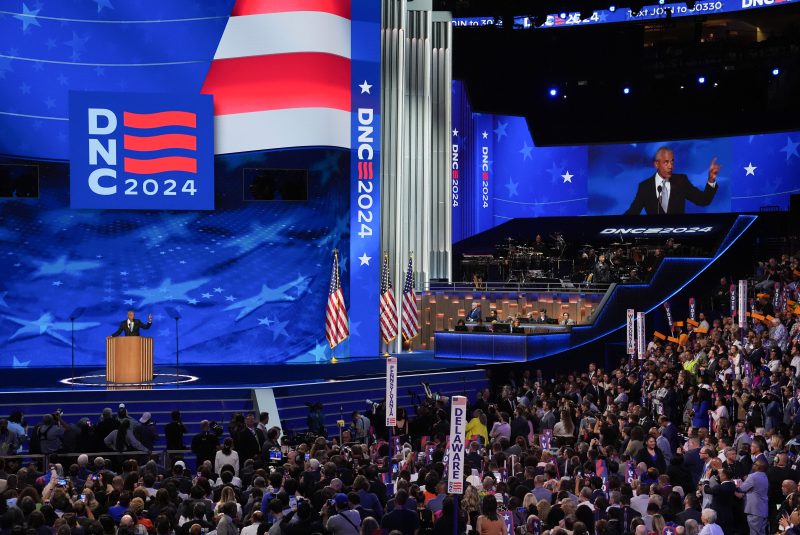Former President Barack Obama has recognized a trend among some Black men when it comes to supporting candidates like Kamala Harris. During a virtual event for the My Brother’s Keeper initiative, Obama highlighted that there seems to be a hesitancy among some Black men in fully supporting Black women candidates like Harris. This observation sheds light on the complexities within the Black community when it comes to political alliances and support.
The discussion around Black men’s support for Black women candidates is not new. It reflects deeper issues of gender dynamics and power structures within the Black community and society at large. While intersectionality calls for solidarity between different marginalized groups, including Black men and Black women, the reality is more nuanced. Historical and cultural factors influence the dynamics of support and allegiance.
The notion of a hesitancy among some Black men when it comes to supporting Black women candidates like Kamala Harris raises questions about internalized biases and societal conditioning. Black men, like all individuals, can hold unconscious biases that impact their decisions and actions. These biases can stem from stereotypes, societal expectations, and personal experiences. Recognizing and addressing these biases is crucial for fostering genuine unity and solidarity within the Black community.
Obama’s acknowledgment of this hesitancy serves as a call to action for introspection and dialogue within the Black community. It prompts individuals to examine their beliefs and attitudes towards gender, leadership, and representation. By encouraging open conversations and reflection, we can work towards overcoming barriers to full support and collaboration between Black men and Black women in various spheres, including politics.
Supporting Black women candidates goes beyond individual preferences or allegiances; it is about advancing equity, diversity, and inclusion within the political landscape. Representation matters, and diverse voices and perspectives are essential for creating meaningful change and addressing systemic issues. By recognizing and dismantling barriers to support, Black men can play a crucial role in uplifting and amplifying the voices of Black women in leadership positions.
Ultimately, the hesitancy among some Black men in supporting Black women candidates like Kamala Harris highlights the need for ongoing conversations and actions towards gender equality and solidarity within the Black community. By challenging biases, fostering understanding, and advocating for inclusive leadership, we can move closer towards a more equitable and united future for all members of the community. Obama’s acknowledgment serves as a reminder of the work that still needs to be done to build a more inclusive and supportive society for all.
